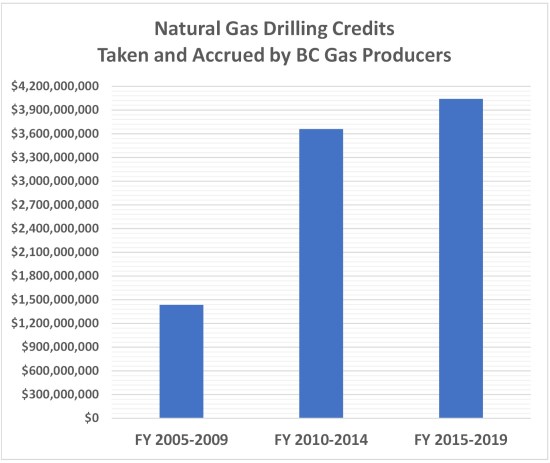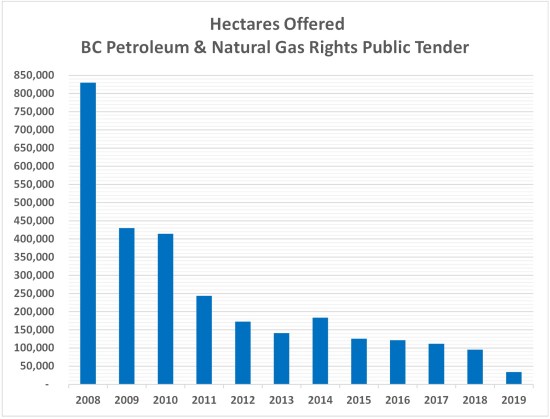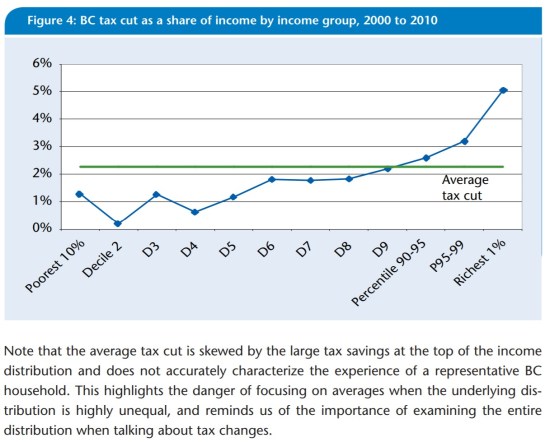In 1780, the electorate of England and Wales involved 3% of the population. Before World War I, fewer than a quarter of Canadians were allowed to vote. As in Britain, nearly all were people of property, and, of course, male.
By 1940, women of Canada were entitled to vote, but not until the 1960s were indigenous people able to cast ballots without giving up other rights.
James Madison, an American founder, had worried about results of broadening the franchise:
Extend it equally to all, and the rights of property [owners] …may be overruled by a majority without property….
Reluctance to give political influence to any but privileged citizens continues today, although in a less obvious form. Voting is not now restricted to moneyed people but running for election is effectively limited to affluent candidates backed by well-heeled supporters.
Campaigns are expensive.
In the ten years to 2016, Canada’s federal and provincial parties raised more than $1 billion. Vancouver’s mayoral aspirants in 2017 could spend about $210,000. Budgets for prospective school trustees and lowly parks commissioners in Vancouver could reach a mere $107,000. Each.
In the words of Will Rogers:
Politics has become so expensive that it takes a lot of money even to be defeated.
Few material contributions come from people earning below Canada’s current median household income of $71,000 and none from the millions of Canadians living below the poverty line.
Even with contribution limits, generous as they are, government remains biased toward serving interests of prosperous citizens. Not all political offerings involve direct or indirect quid pro quos but there is generally a confluence of interests between holders of power in both government and commerce.
That fact is not lost on ordinary citizens. A study of American politics published online by Cambridge Press reported:
…economic elites and organized groups representing business interests have substantial independent impacts on U.S. government policy, while average citizens and mass-based interest groups have little or no independent influence. The results provide substantial support for theories of Economic-Elite Domination and for theories of Biased Pluralism…
Canadian politics are not wholly equivalent to American but dominating influence of economic elites cannot be denied in this nation.
As an example, despite the looming climate crisis, and Canada ranking among the top 10 global emitters of greenhouse gases, federal policy is to encourage expansion of tar sands production, even though it has been called a pollution threat to the planet.
Of course, scaling back Alberta’s bitumen development would be an even greater threat to Toronto’s financial institutions.
When imposing policies that protect or enlarge the wealth share held by special interests, politicians use code words. They talk about the need for unbroken economic growth and for business to be competitive and able to invest in greater productivity.
That means lower taxes and higher welfare for corporations and their shareholders. Unlike water, wealth flows upward.
At a time when the rich are getting richer and the poor are getting poorer, people are losing faith in their economic futures. Forbes Magazine reported a survey that found 71% of Americans believe “the economic system in the U.S. is rigged in favor of certain groups.”
When BC Liberals unsuccessfully sought to shift $2 billion a year in sales taxes from businesses to consumers, business competitiveness was the HST rationale. They said reduced input costs would result in lower prices to consumers.
Of course, BC gasoline consumers would argue since they know consumer prices in economies dominated by few players tend not to fall just because input costs decline.
Similarly, income tax cuts for the rich and movement from progressive to regressive taxation were justified by the notion that wealth accumulation by a few encouraged investment and economic expansion to benefit the many. That expansion produces jobs paying below a living wage is ignored.
During 16 years of rule in British Columbia, Liberals gifted—grifted would be the appropriate verb were the numbers smaller—billions of public dollars to resources industries. The C word was used to justify.
In 2003, Minister of Energy and Mines Richard Neufeld said:
We are taking aggressive action to make B.C. the most competitive oil and gas jurisdiction in North America.
Gas producers becoming more “competitive” cost the public much more than lost revenues. In 2004, West Coast Environmental Law, with other agencies, released Oil and Gas in British Columbia – 10 Steps to Responsible Development. It assessed Liberal policy:
To expand fossil fuel production, the BC government is “streamlining” environmental regulations, and has laid off compliance and monitoring staff. It has given the highly profitable oil and gas industry subsidies and royalty breaks, and it has joined with industry and the Government of Alberta in opposing the Kyoto Protocol.
…By subsidizing the profitable oil and gas industry, BC is subsidizing global warming while short-changing the public purse.
When politicians and bureaucrats decided that British Columbia should stop taking a material share of petroleum and natural gas values, they employed quiet strategies.
Paying for roads and infrastructure was one way. Another was the invention of drilling and other credits, ostensibly to encourage activity that would develop otherwise uneconomic gas. However, technology was already reducing financial risks of exploration and enabling profitable production of previously marginal gas.
In fiscal year 2006, gas producers paid royalties of $2.4 billion (2019 dollars) and in the most recent year, $199 million.
Since BC’s royalty reduction programs were first reported, the industry has used and accrued $9.1 billion in credits, which is billions more than they paid in royalties.

Press releases never disclosed the full value of petroleum and natural gas subsidies. In fact, they disguised the amounts. Incurious Press Gallery pundits did not look beyond government and industry talking points.
That statement should not surprise since most political reporters are employed by a small number of companies that dominate Canada’s media.
It’s about shared interests. All hands wash the others.
Another quiet scheme used in British Columbia to reward the oil and gas industry is to minimize the use of public tenders to allocate rights to petroleum and natural gas. Competitive bids result in the greatest return to the public. Allocating rights by administrative order is now common place and material payments for rights have largely disappeared.

Categories: Democracy, Income Inequality, Methane Gas





Suggestions for “New rules” for elections; 1) The only person who can donate to a political party or a politician has to be on the Provincal, (for Provincal elections), Federal (for Federal elections) voters lists. 2)Nobody shall be able to donate on behalf of anyone else. 3) Any and all amounts of money or services donated, to the above, shall be available for public scrutiny. 4) Any monies or services that are donated for a “political cause” shall not be tax deductable. 5) No reporting or releasing of “Polls” to the public once the election has been called. It seems in the last week of an election, polls are reported more than anything else and now the election is more of a popularity contest. 6) The amount of money or services shall be determined later. I, myself, wouldn’t mind to see added, that if anyone violates the “new rules” should be ‘placed against a wall and shot’ but most people, I think, would find that a little too harsh. We don’t like to think that we’re a Banana Republic or anything like that, do we?
LikeLike
“I think corporate and union donations should remain prohibited and personal contributions limited to $500 a year per donor, with that total including every payment to parties and candidates. Third party political advertising should be severely restricted for six months before elections.”
Agree with one “improvement”
Third party political advertising should be banned….period.
Third Party advertising has become THE message now business and union donations are restricted.
Punitively fine internet providers pumping out unverified , slandarous “news” drivel.
$100,000 for a first offence, $1,000,000 for a second, $10,000,000. for a third.
Hold more Televised debates .Or better yet
30 minute televised interviews of each individual on their own where they cannot devolve into over shouting squabble festivals that even 4 year old children realize are rude, wrong and pointless.
The interviewers would be a cross section of say 3 media that would ask direct, pertinent, hard hitting questions ( not gently lobbing softballs to be easily caught and tossed back).
A money saver for everyone.
If politicians dont stop entering the poltical arena to further their own lives…..and they dont do something soon there will be a day where either no one shows up to vote …..or everyone shows up with pitchforks and torches.
LikeLike
It is good to have you back, tilting at the almost overpowering insanity that is running this province.
You are correct, money is dictating politics in BC and Canada and i do not see any politician with the moral fortitude to tackle this problem.
My son did not vote in the last election because, he like myself, did not see a candidate worth voting for (I voted independent with no hope of winning) and with our rigged voting system there is nowhere disgruntled voters can show their displeasure.
I will entertain the following for discussion.
1) No electronic or print media adverting, unless all candidates are included.
2) Strict funding regulations and a financial pool created for minor candidates made up of 25% of total donations from other candidates and their parties.
3) Strict rules for truth and no more electoral lies; all claims must be truthful.
4) Voting day made as a half statutory holiday.
5) Election results are made public at midnight in the local time area.
LikeLiked by 1 person
Democracy will not be restored without change to political financing.
I think corporate and union donations should remain prohibited and personal contributions limited to $500 a year per donor, with that total including every payment to parties and candidates. Third party political advertising should be severely restricted for six months before elections.
Because candidates would have smaller amounts to campaign with, the public should pay for media advertising with all parties having access, limited perhaps to those that gained 5% of the vote in the previous election. Public websites can link to each candidate’s webpage and two all-household maildrops, paid for by the public, would allow all recognized candidates to include material. Don’t allow candidates to do their own mailouts. Keep all on common ground.
Today, candidates with the most money dominate the messaging to electors and that situation must be changed. It can be done quite easily, if there is will to alter the status quo. That latter part is the most difficult to arrange.
LikeLike